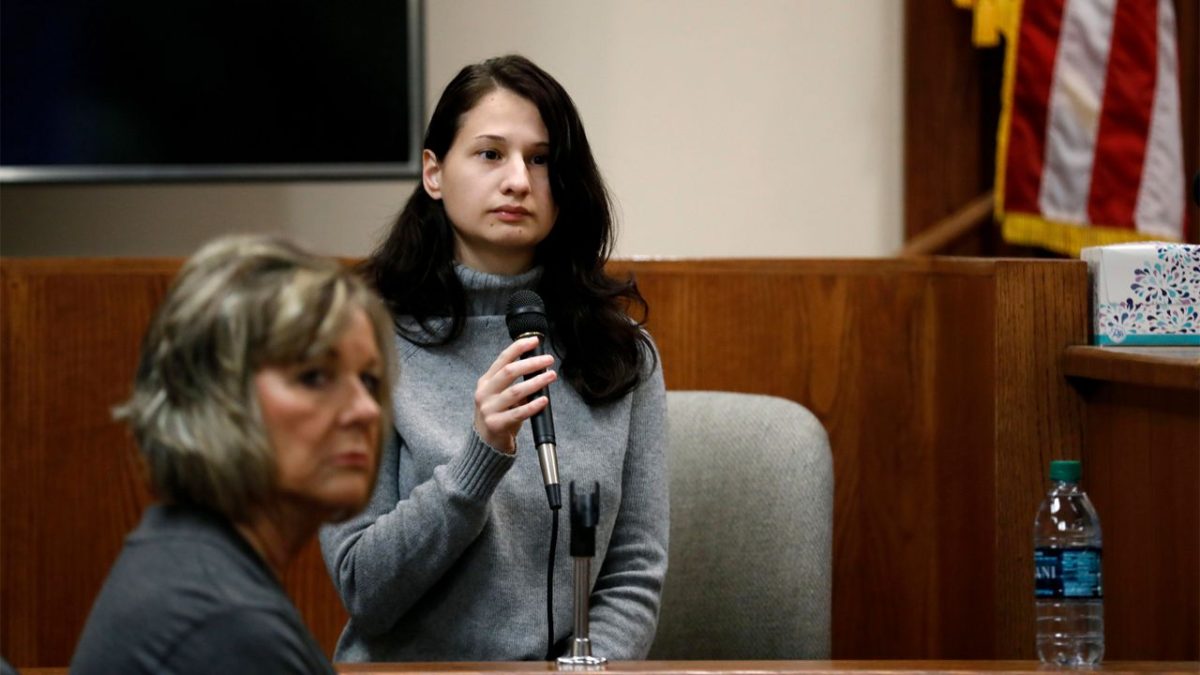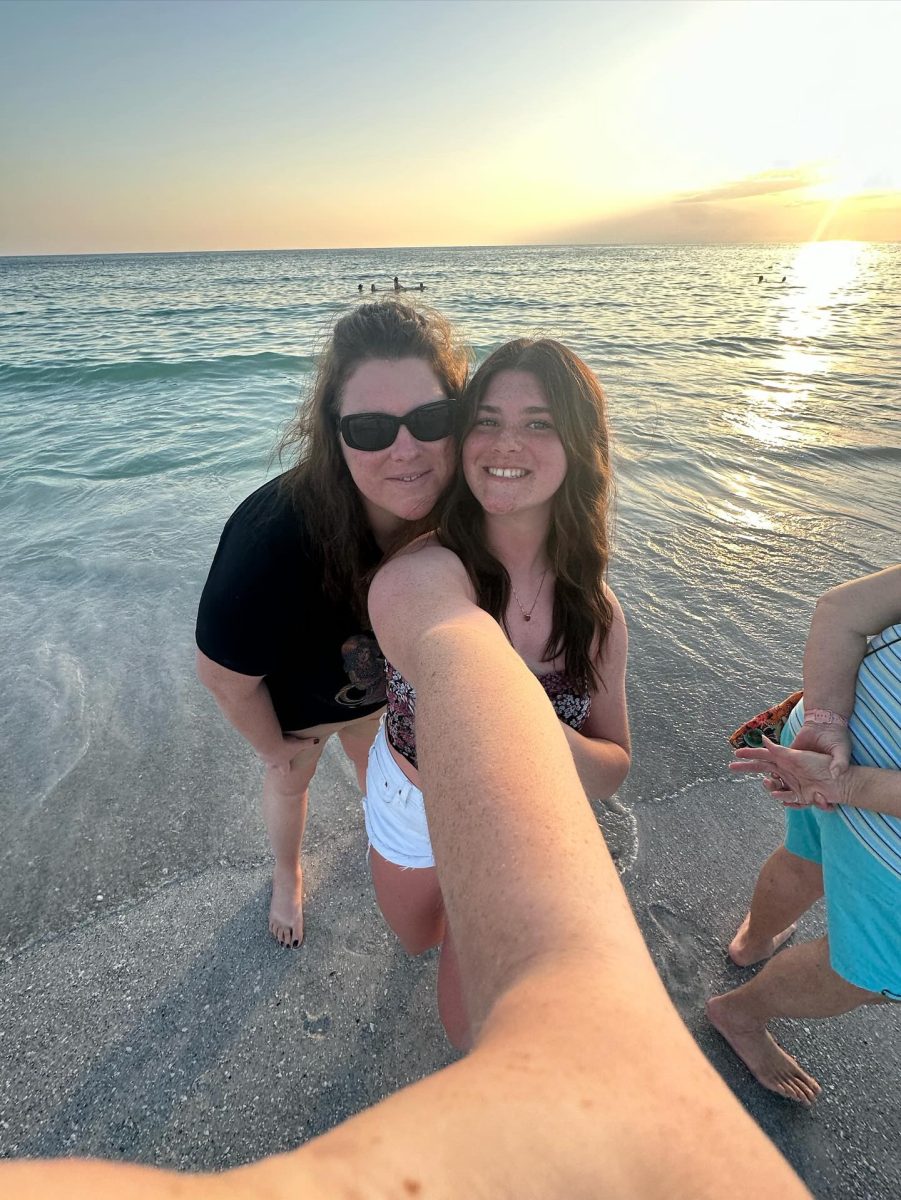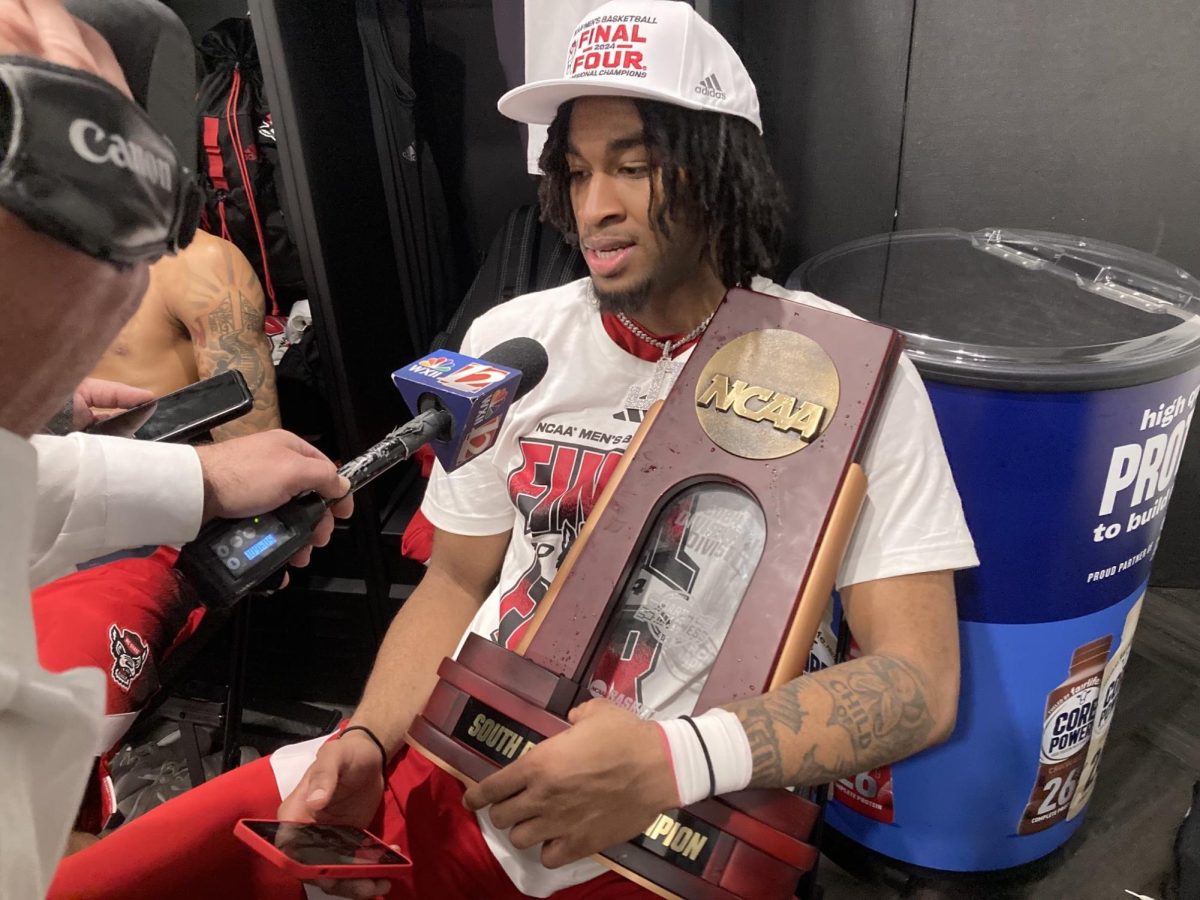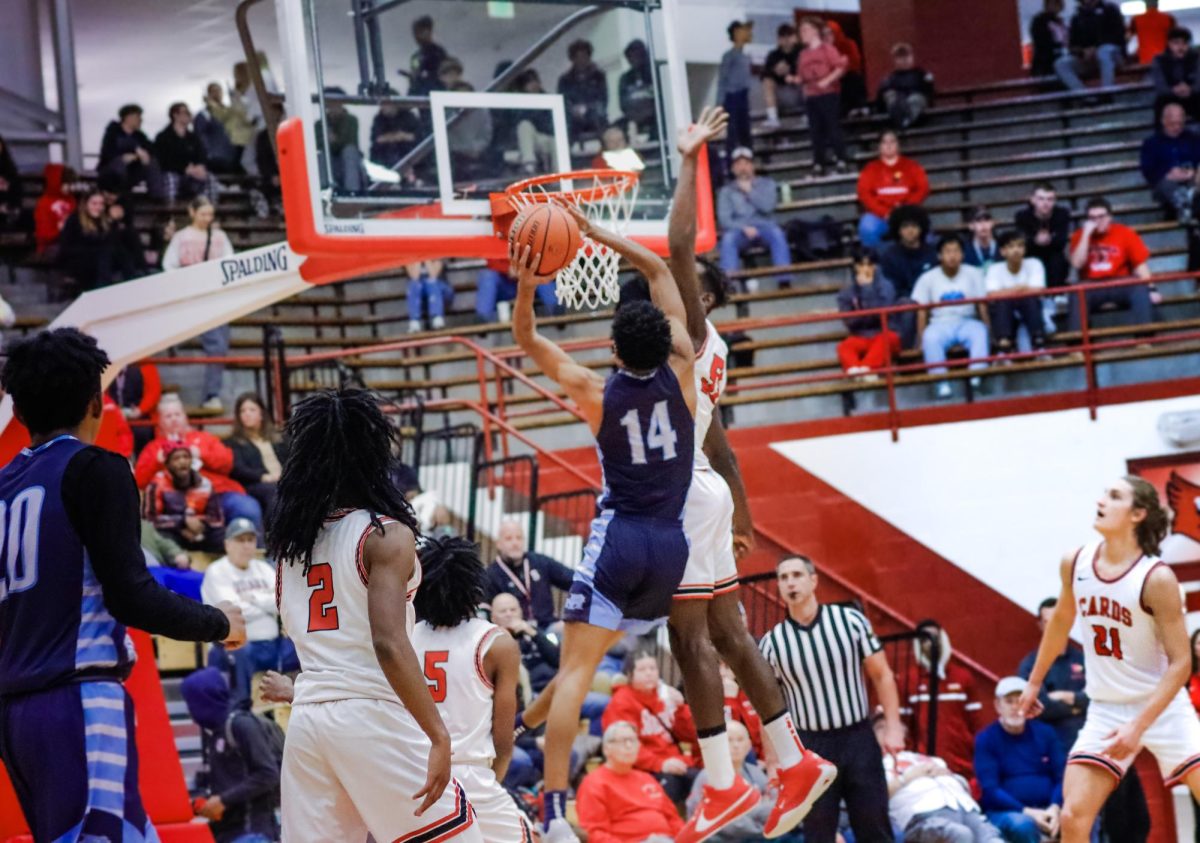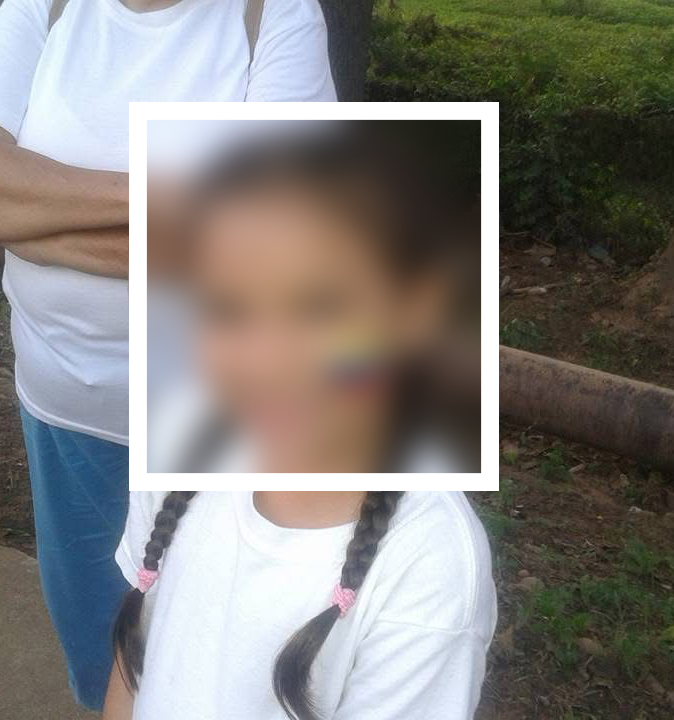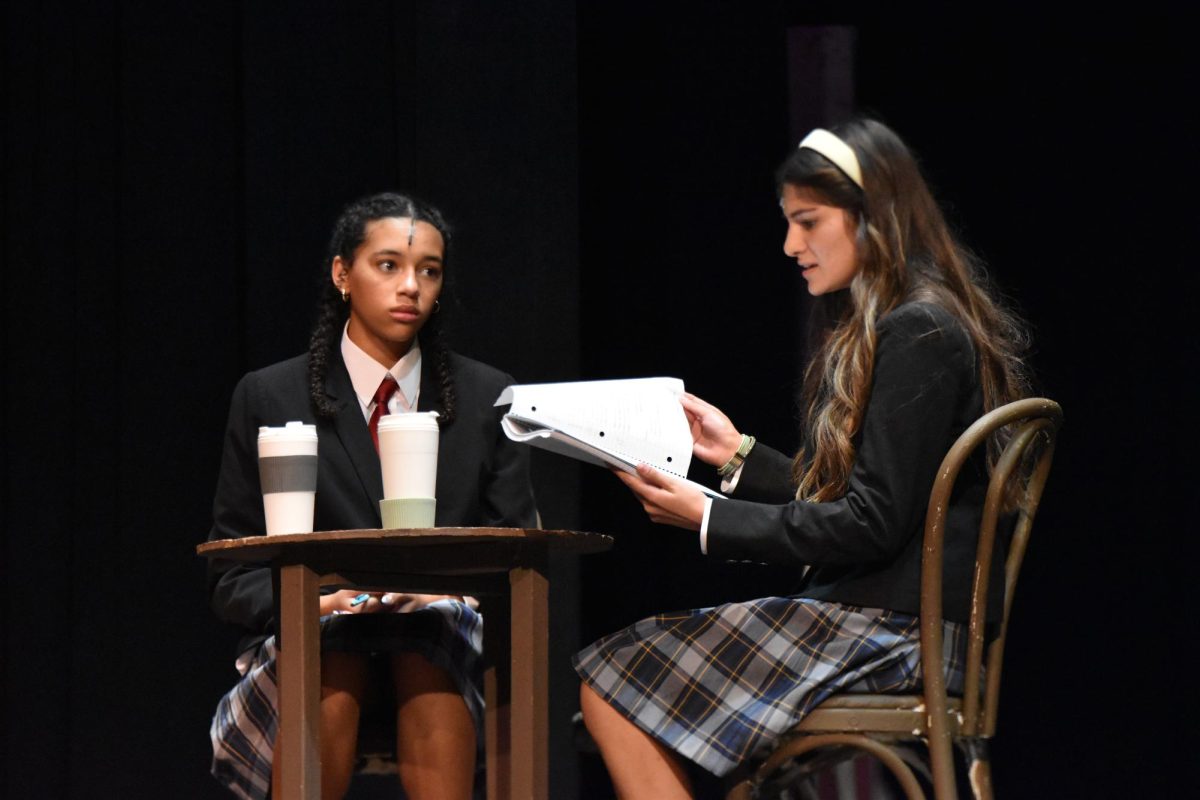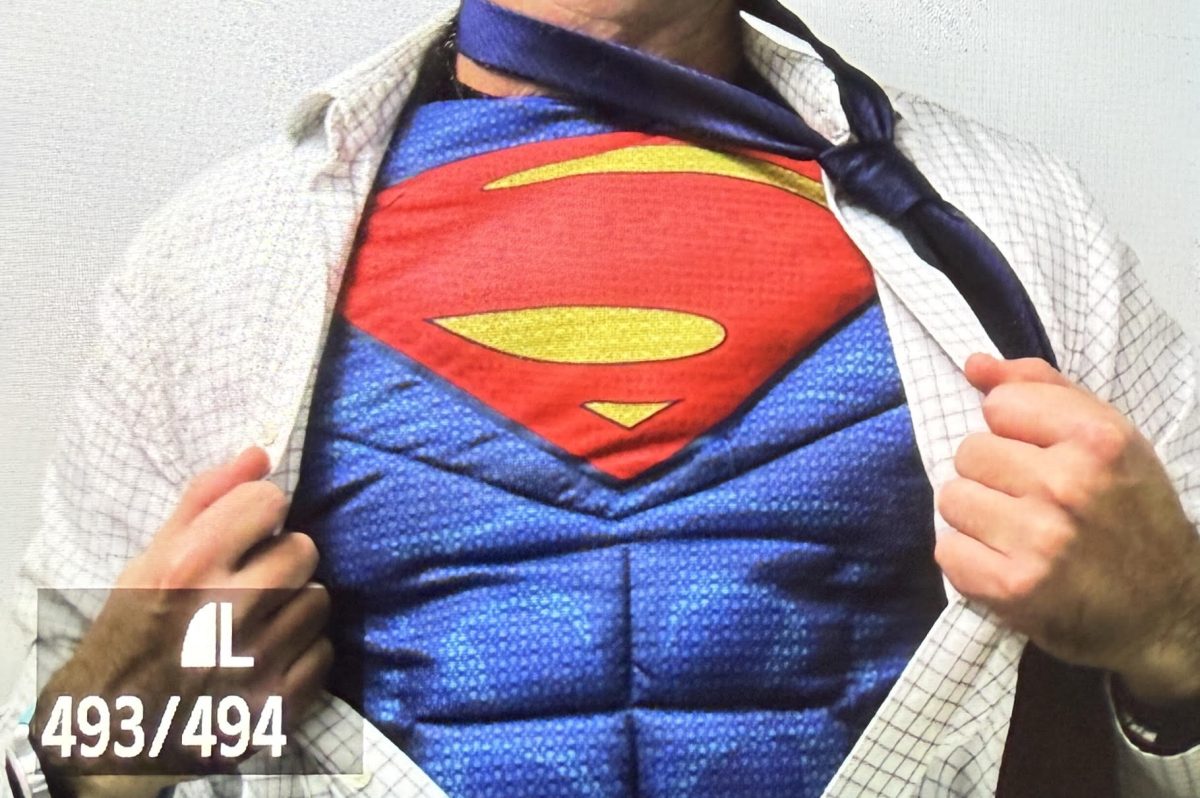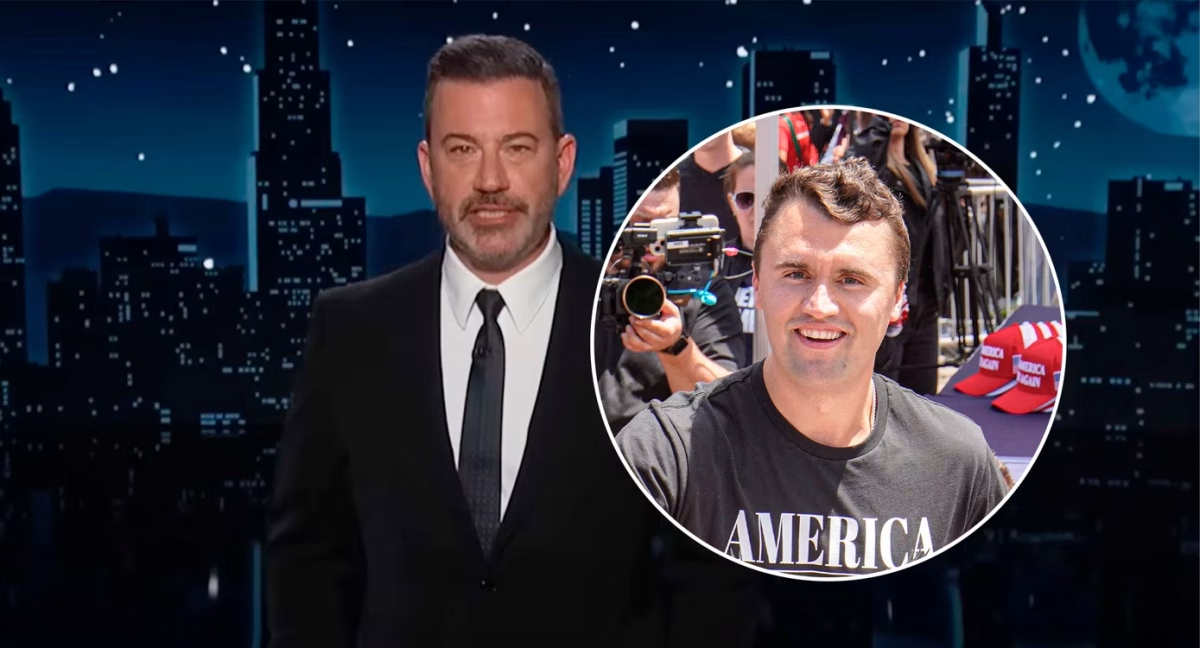Gypsy-Rose Blanchard, Jeffery Dahmer and the Menendez brothers: There is a never ending cycle of the media producing more than people can consume. Daily, society has to sift through what is embellished and is bombarded with so many “that’s crazy” moments that it becomes hard to keep up. True crime has become entertainment, but audiences have been desensitized to its true horrors.
Senior Brock Hutson referenced one of the first movies to ever be in a theater called “The Great Train Robbery”. In the movie, a character pointed a gun in the direction of the camera and fired. This left the audience in disarray, some fleeing the theater screaming. Now this type of violence is in movies all the time, it is even sought after for viewing pleasure.
Over the years, crime and violence has become culturally normalized and is not seen for the true harm it causes. “Back then it was bizarre for people to kill people [in the media], now it’s everywhere,” sophomore Hayla Roberts said “In our generation we have a different sense of comfort. Our humor is messed up. There’s not a lot of sensitivity.”
Through the screen, these travesties feel more like plot points rather than real events. “People don’t believe these criminals are real people, they just see them as characters,” senior Judy Abdallah said.
Some even gain cult followings while in prison. Gypsy-Rose, for example, had multiple strangers, including her now husband, write her letters. “It’s a social norm [to do things like] hype up Gypsy-Rose,” Roberts said. “Yes, she’s a victim, but she’s also a murderer.”
Criminals like Anna Delvey, who scammed NYC elites for over $275,000, and Colombian drug lord Griselda Blanco have had shows made about them, twisting their legacy. “People are idolizing [Delvey and Blanco and saying things] like ‘oh my gosh she’s such a girl boss,’” Abdallah said.
“The problem with social media and the way they view these criminals… they take it to the extreme,” Abdallah said. Most social media sites have some stream about the latest interesting crime, making it trend-like.
The bulk of people know the Menendez brothers for their faces but not the blood on their hands. Erik and Galen Menendez were convicted in 1996 for the murder of their parents after facing years of abuse by their father. Despite this, TikTok still thought they were too hot for jail; users of the platform made edits of them, some reaching near four million views.
Gypsy-Rose has been the recent face of TikTok crime. A popular sound of her saying “nobody can bring me down” has been used in many TikToks and she has quickly risen to fame after her parole.
After “Dahmer – Monster: The Jeffrey Dahmer Story” came out in 2022 there was a clip of the show being used saying “Relax, I just want to take some pictures,” in many videos. The sound has been used in 90,000 videos, with the top videos reaching over 17 million views and almost three million likes. The scene in the show was Dahmer holding his victim captive, but the sound was used for lighthearted posts downplaying the initial severity.
“The narrative that I’ve gotten [because of social media] is very small glimpses into something I don’t understand,” senior Isabel Bastida said.
Despite the negative association with criminals, scammers, murderers and drug lords, it does not stop the internet and Hollywood from changing the narrative. “It’s more romanticized when they find good looking actors to play these people doing bad things,” Roberts said.
When a good-looking face is attached to something horrible, the focus is no longer on what happened, the victims that had to endure it or the lives that were forever altered. It is the wrong message for entertainment.
“With ‘American Horror Story,’ they made [the Columbine school shooting] scene so normal,” Roberts said. Shows like “American Horror Story” depict death as something typical, as something desired, removing the human experience from the tragedy itself.
15 were killed in Columbine, but the millions that watched the scene in the show were given a false narrative about its glory. The story of the show follows the Columbine shooter as a ghost.
“Everyone was raving over him because they gave him a girlfriend he was doing anything to protect,” Roberts said, “[Because of this] a lot of people think that violence is to be loved.”
There is a lack of representation of victims in these shows. “[In “Dahmer – Monster: The Jeffrey Dahmer Story”]It’s just through Jeffrey Dahmer[‘s perspective], there’s not victim perspective, you’re only seeing the things that go wrong in his life… not the pain that the victims felt,” Roberts said. “It exploits the trauma of the victims and glorifies the killer,” Bastida agreed.
In some cases, the victims are depicted in the media without their families’ consent. One of the most recent culprits of this was “Dahmer – Monster: The Jeffrey Dahmer Story.” These incidents have been found to “retraumatize” the families. The producer claimed to have reached out to the families before the show came out but “got no response”. This has since been followed up in court with the families angry about the glorification of the cases in the Netflix series. Its 13 Emmy nominations “could be seen as a form of sensationalism, exploiting the suffering of victims and their families for entertainment,” according to Thomas Jacobson, the attorney representing the families in this court case.
These situations also leave the shows with inaccuracies. “[In] “The Act” with Joey King, Gypsy herself even said that she doesn’t want to watch it because she doesn’t know what they said about her, what they got wrong,” junior Lauren White said. “Like in Dahmer, [the people acting in the show] weren’t there, so there’s probably a lot of pieces missing.”
There is no harm in watching for curiosity, but the way the media has been spoon fed to consumers as if there is no deeper meaning is not accurate to the lives it is claiming to tell the story of. “Even when we see headlines from news things, we are supposed to question them as not being real or accurate so we just assume there’s an explanation to everything and it’s not as bad as it seems,” Hutson said. “The purpose becomes not to educate but for streams and money,” Abdallah said.
“You can give them some grace without coming to the conclusion that they should be free and live normal lives,” Abdallah said. “There’s documentaries and docuseries; I feel like there needs to be something in the middle that doesn’t completely alter the characters. [They make criminals] seem likable and like someone you want to root for.”


